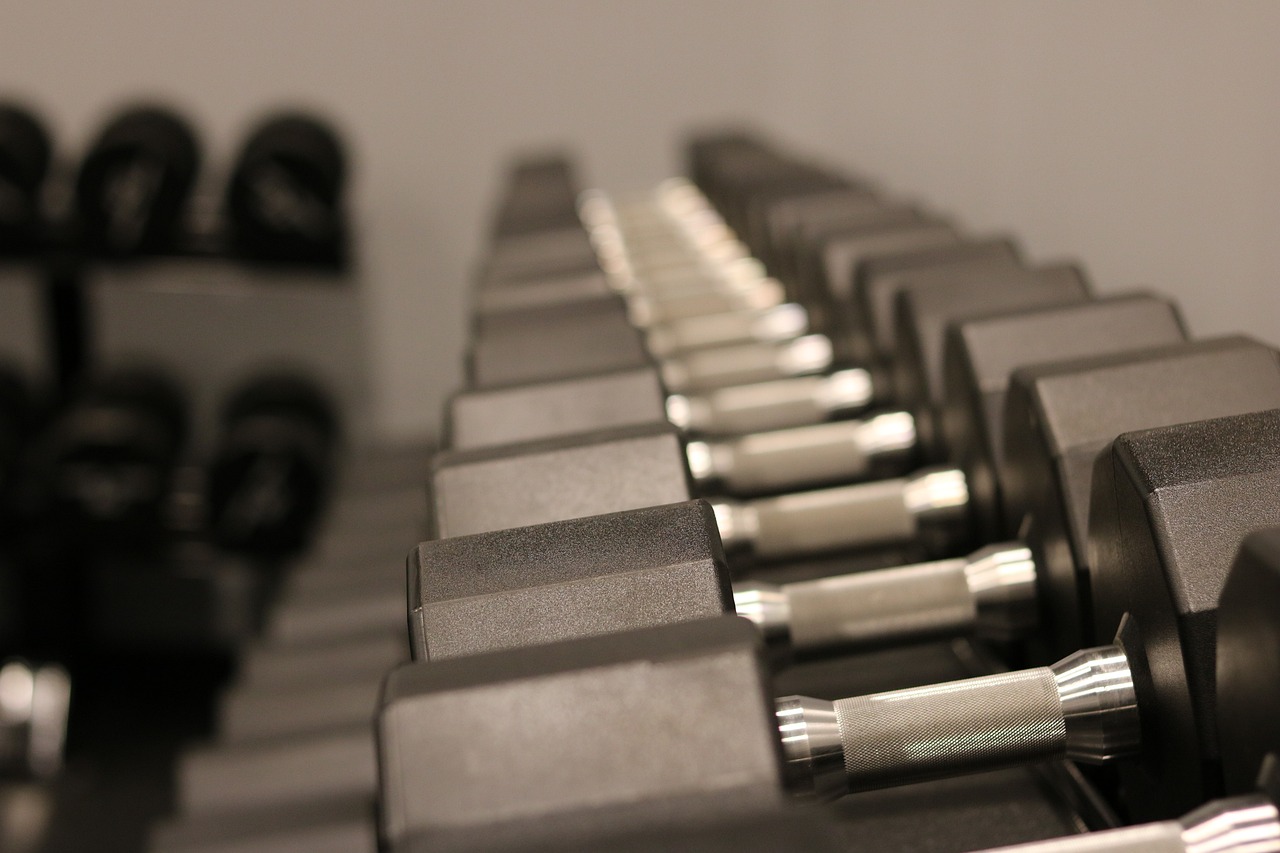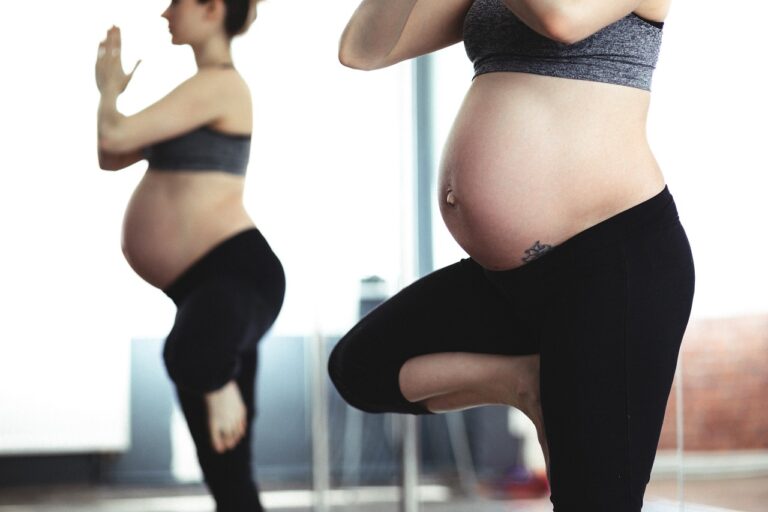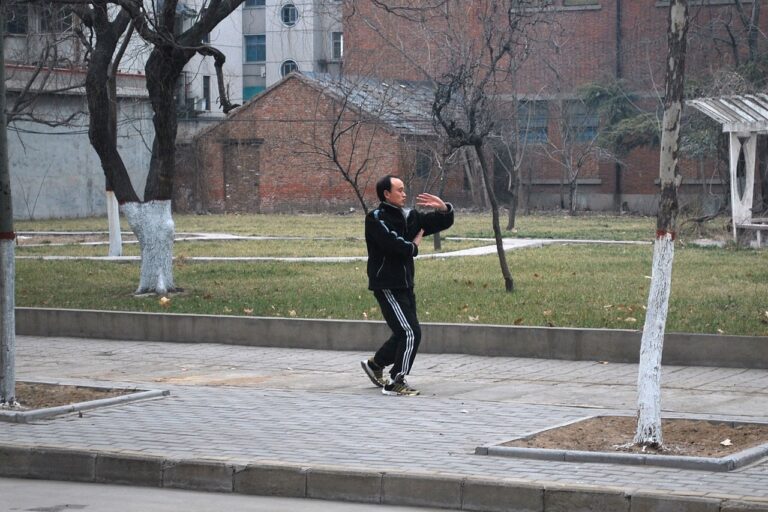The Benefits of Yoga and Meditation for Rheumatology Patients: Allexchbet com login, 99exch.com, All panel
allexchbet com login, 99exch.com, all panel: Living with rheumatoid arthritis or other rheumatological conditions can be challenging, both physically and mentally. The pain, stiffness, and inflammation that accompany these conditions can greatly impact a person’s quality of life. However, there are natural methods that can help alleviate symptoms and improve overall well-being. One such approach is the practice of yoga and meditation.
Yoga and meditation have been around for centuries and have been shown to offer a wide range of benefits for both the body and mind. For rheumatology patients, incorporating these practices into their daily routine can provide relief from pain and inflammation, improve flexibility and range of motion, reduce stress and anxiety, and promote overall well-being.
Benefits of Yoga for Rheumatology Patients
Yoga is a mind-body practice that combines physical postures, breathing techniques, and meditation. For rheumatology patients, yoga can be especially beneficial in the following ways:
1. Improved Flexibility: Rheumatological conditions can cause stiffness and reduced flexibility in the joints. Yoga poses gently stretch and strengthen the muscles, helping to improve flexibility and range of motion.
2. Pain Relief: Yoga has been shown to reduce pain levels in individuals with rheumatoid arthritis and other rheumatological conditions. Certain poses and breathing techniques can help alleviate pain and discomfort.
3. Stress Reduction: Living with a chronic condition can be stressful. Yoga encourages mindfulness and relaxation, helping to reduce stress and anxiety levels.
4. Better Sleep: Rheumatology patients often struggle with sleep disturbances. Practicing yoga before bed can help promote relaxation and improve sleep quality.
5. Enhanced Mood: Yoga has been shown to elevate mood and improve overall mental well-being. The combination of physical movement, breathing exercises, and meditation can help boost mood and energy levels.
6. Strength and Balance: Yoga poses help to strengthen the muscles and improve balance, which can be especially beneficial for rheumatology patients who may experience weakness or instability in their joints.
Benefits of Meditation for Rheumatology Patients
Meditation is a practice that involves focusing the mind and cultivating mindfulness. For rheumatology patients, meditation can offer the following benefits:
1. Pain Management: Meditation has been shown to reduce the perception of pain and improve pain tolerance in individuals with chronic conditions.
2. Stress Reduction: Chronic pain and inflammation can be stressful. Meditation can help relax the mind and body, reducing stress levels and promoting a sense of calm.
3. Improved Mental Clarity: Meditation encourages mindfulness and presence, helping to improve mental clarity and cognitive function.
4. Enhanced Well-Being: Meditation has been linked to greater emotional well-being and a more positive outlook on life. Rheumatology patients may find that regular meditation practice improves their overall quality of life.
5. Better Sleep: Meditation can help calm the mind and promote relaxation, making it easier to fall asleep and stay asleep.
6. Pain Coping Skills: Learning to focus on the present moment and cultivate a sense of calm through meditation can help rheumatology patients better cope with pain and discomfort.
Incorporating Yoga and Meditation Into Your Routine
If you are living with a rheumatological condition, incorporating yoga and meditation into your daily routine can have a positive impact on your health and well-being. Here are some tips for getting started:
– Start Slow: If you are new to yoga or meditation, start with gentle practices and gradually increase the intensity as you become more comfortable.
– Listen to Your Body: Pay attention to how your body feels during and after yoga practice. Modify poses as needed to accommodate any pain or discomfort.
– Practice Regularly: Consistency is key when it comes to yoga and meditation. Try to practice for at least a few minutes each day to experience the full benefits.
– Seek Guidance: Consider taking a yoga class specifically designed for individuals with rheumatological conditions, or seek guidance from a qualified instructor or healthcare provider.
– Stay Mindful: Remember that the goal of yoga and meditation is not perfection, but rather presence and mindfulness. Focus on the process rather than the outcome.
Frequently Asked Questions
1. Can yoga and meditation help with rheumatoid arthritis pain?
Yes, yoga and meditation have been shown to help reduce pain levels and improve overall well-being in individuals with rheumatoid arthritis.
2. Are there specific yoga poses that are beneficial for rheumatology patients?
Certain gentle yoga poses, such as child’s pose, cat-cow stretch, and seated twists, can be beneficial for individuals with rheumatological conditions. It is important to listen to your body and modify poses as needed.
3. How often should I practice yoga and meditation?
Try to practice yoga and meditation for at least a few minutes each day to experience the benefits. Consistency is key when it comes to these practices.
4. Can yoga and meditation replace medication for rheumatological conditions?
While yoga and meditation can help reduce pain and improve overall well-being, they are not intended to replace medication. It is important to work with your healthcare provider to develop a comprehensive treatment plan.
In conclusion, yoga and meditation offer a holistic approach to managing rheumatological conditions. By incorporating these practices into your daily routine, you can experience relief from pain, improved flexibility and range of motion, reduced stress and anxiety, and enhanced well-being. Remember to start slow, listen to your body, practice regularly, seek guidance, and stay mindful. With dedication and consistency, you can reap the many benefits that yoga and meditation have to offer for rheumatology patients.







